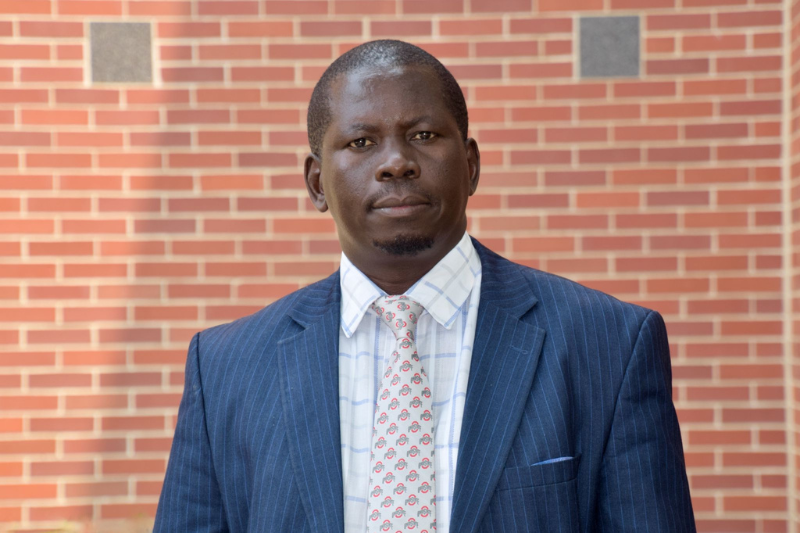
As a young boy in Western Kenya, Robert Onsare bore witness to the devastating effects of foodborne pathogens. His village in Kisii County lacked proper sanitation and wash facilities, which led to many families — including his close relatives — falling victim to foodborne illness.
“I grew up in a rural setting where poverty is very common. One of the key challenges that existed then and still continues to be a problem is foodborne pathogens,” says Onsare. “I saw close relatives get sick, and some of them died.”
The harrowing experiences instilled in him a passion to fight the spread of foodborne pathogens in his home country. Today, he serves as a senior research scientist in the Centre for Microbiology Research at the Kenya Medical Research Institute (KEMRI). KEMRI, the medical research arm of the Kenyan government, ranks as a leading health research institution in Africa and globally.

